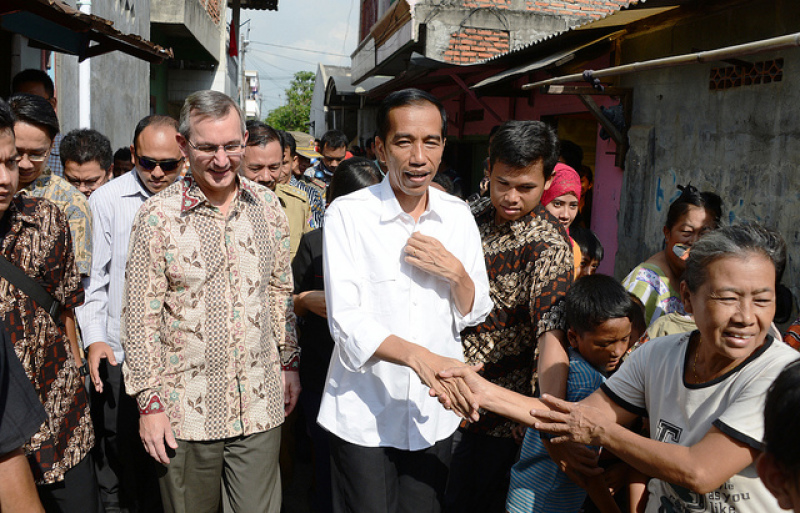
Christians in Indonesia are now feeling disappointed after President Jokowi's failure to deliver on his promise of better religious freedom.
During the presidential election in 2019, Indonesian Christians had high hopes when they voted for Joko "Jokowi" Widodo who was incumbent presidential candidate by that time, the International Christian Concern reported.
In a country which houses one of the largest Muslim population in the world, Christians in Indonesia have suffered a tide of persecution not only for a few years but decades.
With a moderate stance on Islam and a firm supporter of Indonesia's philosophical foundation of "Pancasila," Jokowi won the support of Christians with 92 percent who cast their ballots in his favor his opponent former army general Prabowo Subianto who is in ally with hardline Islamists.
Almost two years after the election, many Christians find themselves increasingly disappointed as victims of blasphemy accusations continue to rise.
Christians seem to be the only victims of the one-sided blasphemy law which punishes those who "blaspheme" against Muhammad or Islam but there's no law against Muslims who blaspheme against Jesus or Christianity. Those convicted under the law face years of imprisonment as punishment.
Even worrisome is the fact that the parliament wants to expand the blasphemy law and criminalize it. If this happens, a religious leader who "blasphemes" during a religious service and those who persuade someone to convert from Islam will be punished.
Obtaining building permits for churches are still a problem and discrimination among Christians in the country is still pervasive despite the promise of a better religious freedom.
The ICC has recorded three Christian churches with building permit issues in September alone. Even worse is the fact that government is shutting down thousands of churches and other places of worship causing Christians to suffer more without a place to express their faith and exercise religious freedom.
While he was running for presidency, Jokowi pledged to abolish the unlawful decree of closing places of worship. But until this day, Indonesia's president has failed to follow through his promise.
More than all the church closures and persecution, Christians also suffer from violence and seeming lack of justice.
In September, ICC reported that a Protestant pastor was allegedly tortured and shot in a pigpen by the Indonesian Army in their search for missing weapons and separatists in the Papua province.
Despite the shocking news of the pastor's brutal death, Jokowi and officials in Jakarta did not seem to respond to the murder and all seemed quiet.
However, there was instant uproar in the country when a Muslim cleric was stabbed by a young man. Not a day after the incident, Jokowi immediately acknowledged the stabbing incident which happened around the same time that the pastor was killed and pledged to thoroughly investigate the incident.
With all these issues, Christians in Indonesia slowly find their faith in the government, most specially from their president Jokowi, eroding.
With his failure to deliver on his promise to bring religious freedom and justice to all the citizens of Indonesia, Christians feel like they are now left to fend for themselves and fight against the abuse that their own government - despite the president's promises - has brought upon them.




























